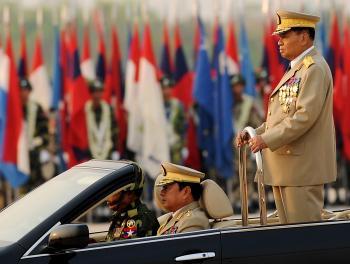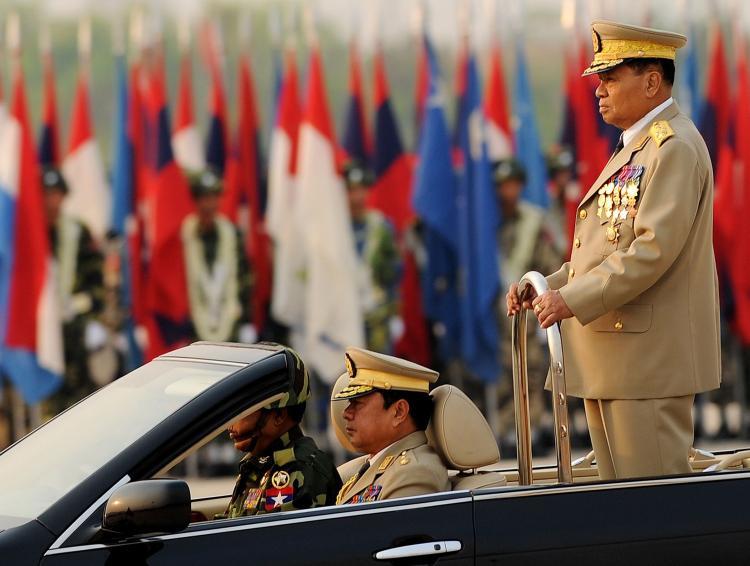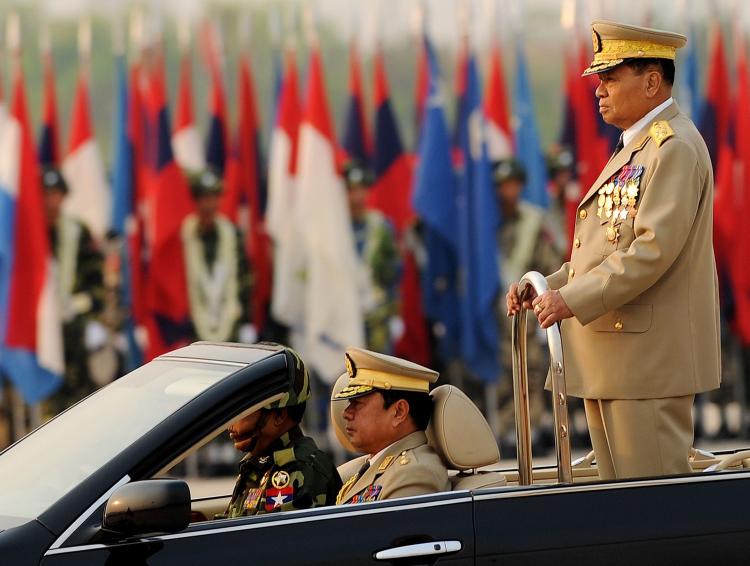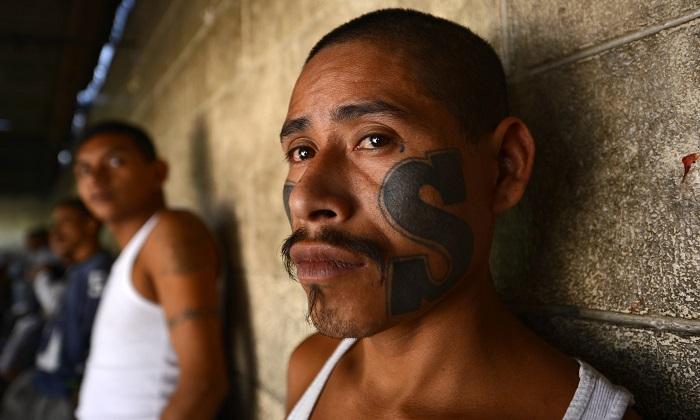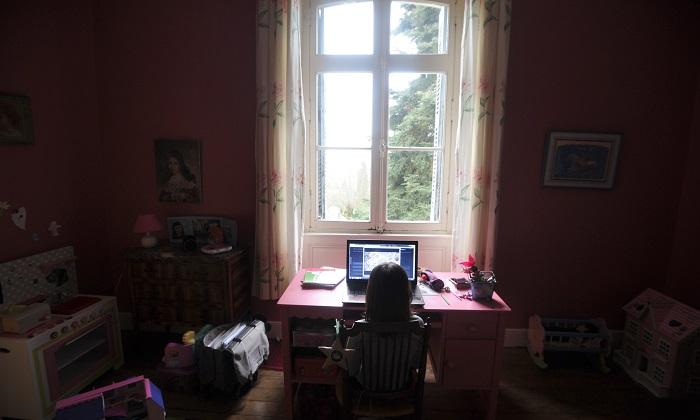BANGKOK—The ruling junta’s corrupt tax system in Burma, which funds its bloated armed forces, is driving the country’s rural poor further into poverty.
A report from the Network for Human Rights Documentation—Burma (ND-Burma) details how Burmese households and businesses are so excessively taxed by the military dictatorship that people are struggling to survive.
Based on 342 interviews during 2008-2010 the report found that taxation is not designed and applied with concern for its impact on households, businesses, and the broader economy. “In fact the system arises from the needs of Burma’s military state,” says the report.
Nearly half of Burma’s annual budget goes to the military that has ruled the country with an iron fist since 1962. The regime has also been criticized for wasting money on expensive infrastructure projects. Only slightly over 1 percent of the budget is allocated for health and education.
The Burmese military’s tax system is described as being arbitrary and corrupt and involves the collection of money, land, goods, and labor.
Poor Worst Affected
One of the report’s authors, Dr. Alison Vicary, an economist at Macquarie University’s Burma Economic Watch, said the nation’s poor are worst affected by it.
“This system of taxation is not fair, most taxes are not levied on [the] basis of income or profit, so what this means is that most of [the] taxes are [a] lump sum, this means the poorest people in Burma appear to have the highest rates of taxation,” Vicary said.
“This is particularly problematic in a basic agricultural society [for people] who don’t having savings or even a bank account,” she said.
“So when tax is levied they simply cannot pay, so one of the biggest problems in the system of taxation is that people are forced to borrow money at extremely high rates or sell their productive assets and property.”
Vicary said that one of the central problems with the Burmese tax system was who collects it, which a lot of the time is the military or armed cease-fire groups.
“This has many problems as the collection of taxes is associated with violence and in many cases egregious human rights abuses,” Vicary said.
Fear of the Military
Cheery Zahau, from the Human Rights Education Institute of Burma, said the three main human rights abuses related to Burma’s tax system are forced labor, denial of education, and land confiscation.
“People are paying tax under fear, and citizens are denied the right of information, and tax collection agencies use threats to collect tax as they go house to house when they visit villages, or communities, or send them warning letters that they must comply to demands,” she said.
The punishment of failing to pay taxes, she said, is severe and a fear of the military among the rural population is deep rooted.
One farmer described to researchers the burden of taxation: “We don’t know when the Light Infantry Battalion [LIB] comes to collect taxes from our tea plantations, and we don’t have the right to ask them why. We get little benefit from our tea plantation each year and it’s just good enough to sustain us. We can’t save money from our tea plantation to pay for additional things. So if we have to pay 20,000 Kiyat (US$20) for one acre, in a year we need 140,000 Kiyat (US$140) in total. It’s very difficult to collect this money and pay. They threatened us that if we would not pay, the LIB would seize our plantation.”
Vicary said that the central issue for taxation in Burma is that the state is too large.
“The state has too much power and control over the economy and has access to too many resources that should be kept in the private sector and one of the [reasons] for this is that there are simply too many soldiers in the country,” she said.
Vicary was not confident that any positive changes to Burma’s tax system would come about from national elections due to be held in November. The elections are largely considered a farce by critics designed to further entrench military rule.
A report from the Network for Human Rights Documentation—Burma (ND-Burma) details how Burmese households and businesses are so excessively taxed by the military dictatorship that people are struggling to survive.
Based on 342 interviews during 2008-2010 the report found that taxation is not designed and applied with concern for its impact on households, businesses, and the broader economy. “In fact the system arises from the needs of Burma’s military state,” says the report.
Nearly half of Burma’s annual budget goes to the military that has ruled the country with an iron fist since 1962. The regime has also been criticized for wasting money on expensive infrastructure projects. Only slightly over 1 percent of the budget is allocated for health and education.
The Burmese military’s tax system is described as being arbitrary and corrupt and involves the collection of money, land, goods, and labor.
Poor Worst Affected
One of the report’s authors, Dr. Alison Vicary, an economist at Macquarie University’s Burma Economic Watch, said the nation’s poor are worst affected by it.
“This system of taxation is not fair, most taxes are not levied on [the] basis of income or profit, so what this means is that most of [the] taxes are [a] lump sum, this means the poorest people in Burma appear to have the highest rates of taxation,” Vicary said.
“This is particularly problematic in a basic agricultural society [for people] who don’t having savings or even a bank account,” she said.
“So when tax is levied they simply cannot pay, so one of the biggest problems in the system of taxation is that people are forced to borrow money at extremely high rates or sell their productive assets and property.”
Vicary said that one of the central problems with the Burmese tax system was who collects it, which a lot of the time is the military or armed cease-fire groups.
“This has many problems as the collection of taxes is associated with violence and in many cases egregious human rights abuses,” Vicary said.
Fear of the Military
Cheery Zahau, from the Human Rights Education Institute of Burma, said the three main human rights abuses related to Burma’s tax system are forced labor, denial of education, and land confiscation.
“People are paying tax under fear, and citizens are denied the right of information, and tax collection agencies use threats to collect tax as they go house to house when they visit villages, or communities, or send them warning letters that they must comply to demands,” she said.
The punishment of failing to pay taxes, she said, is severe and a fear of the military among the rural population is deep rooted.
One farmer described to researchers the burden of taxation: “We don’t know when the Light Infantry Battalion [LIB] comes to collect taxes from our tea plantations, and we don’t have the right to ask them why. We get little benefit from our tea plantation each year and it’s just good enough to sustain us. We can’t save money from our tea plantation to pay for additional things. So if we have to pay 20,000 Kiyat (US$20) for one acre, in a year we need 140,000 Kiyat (US$140) in total. It’s very difficult to collect this money and pay. They threatened us that if we would not pay, the LIB would seize our plantation.”
Vicary said that the central issue for taxation in Burma is that the state is too large.
“The state has too much power and control over the economy and has access to too many resources that should be kept in the private sector and one of the [reasons] for this is that there are simply too many soldiers in the country,” she said.
Vicary was not confident that any positive changes to Burma’s tax system would come about from national elections due to be held in November. The elections are largely considered a farce by critics designed to further entrench military rule.
